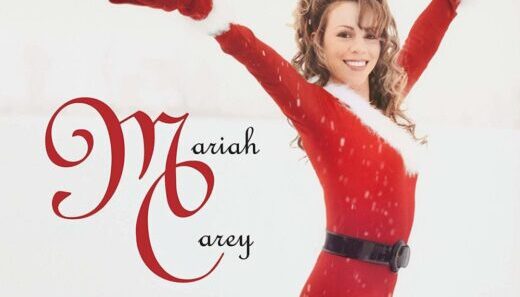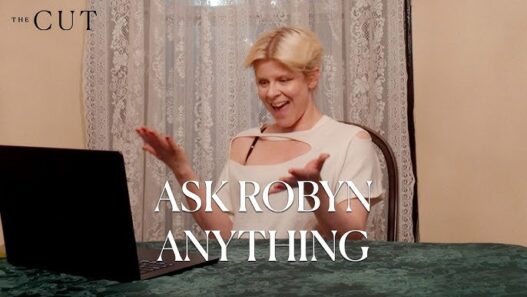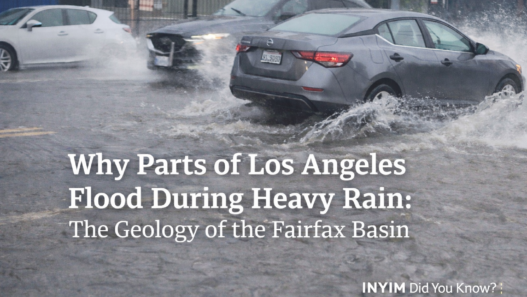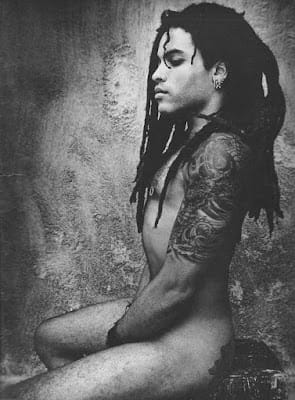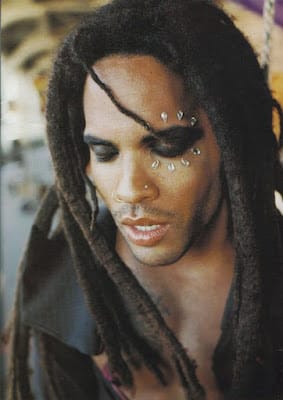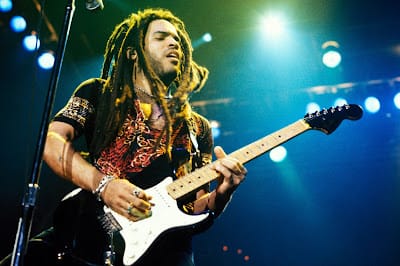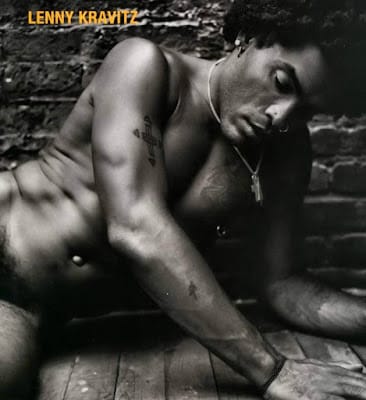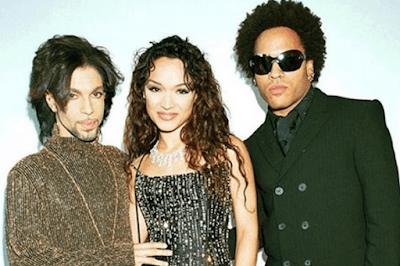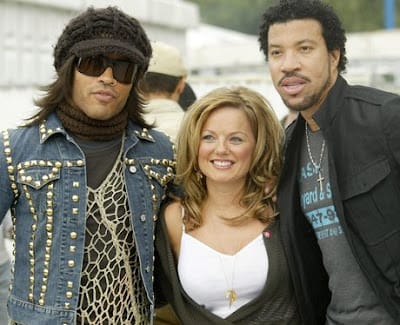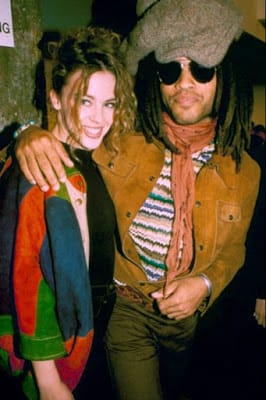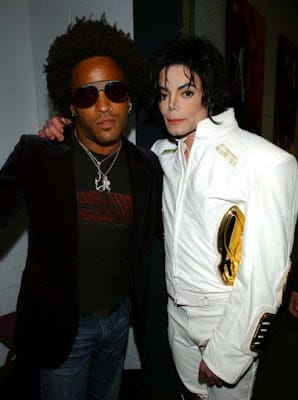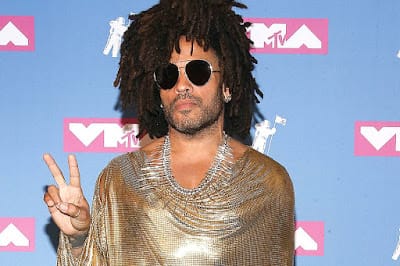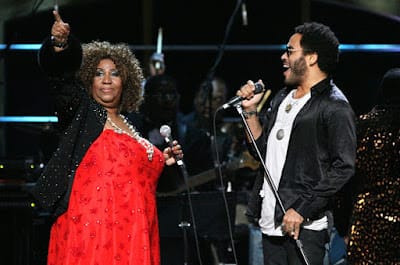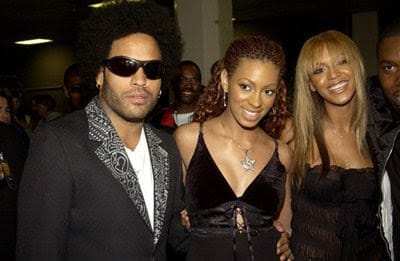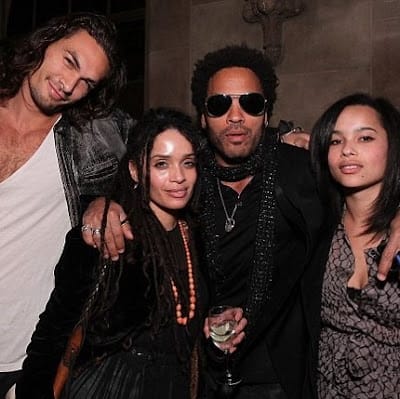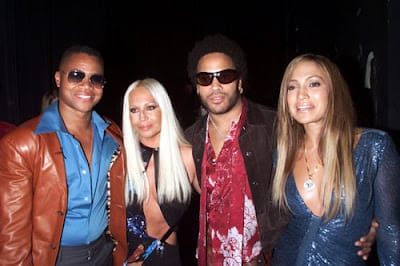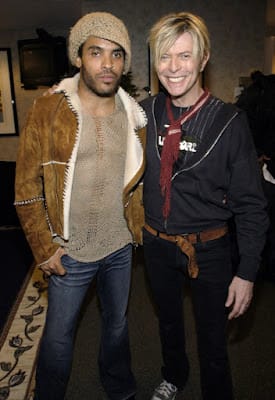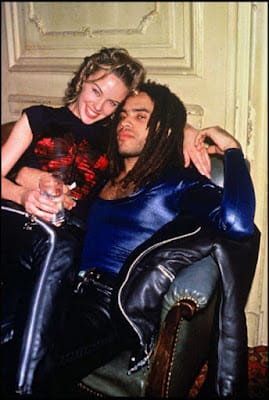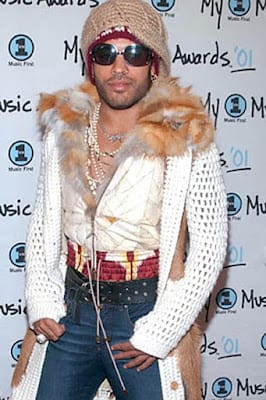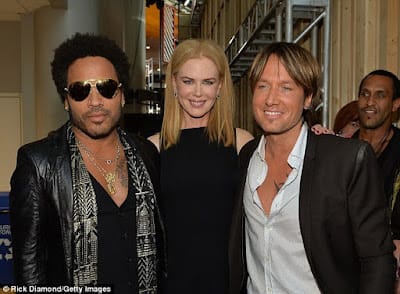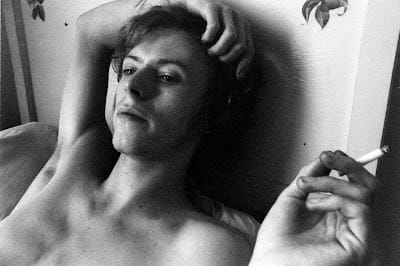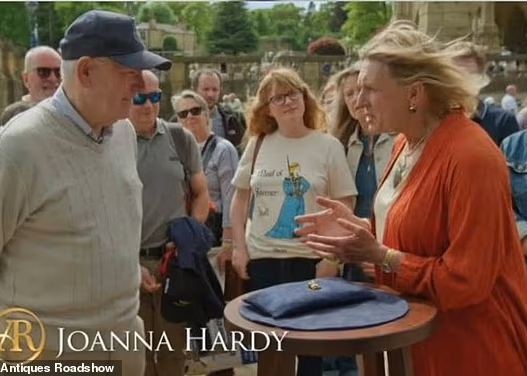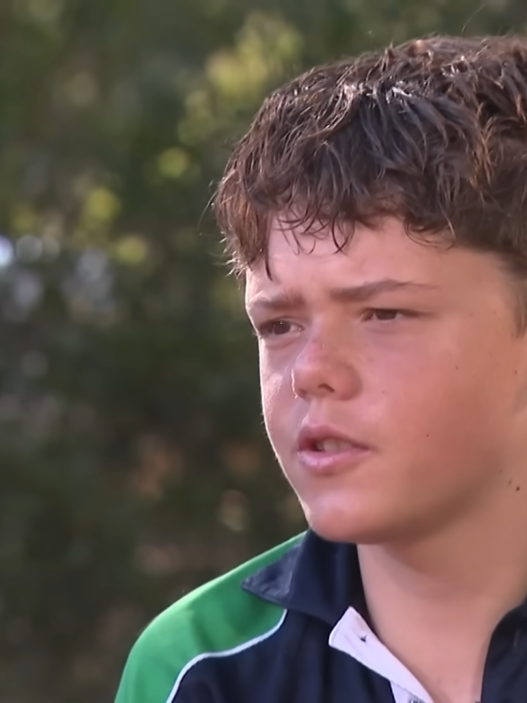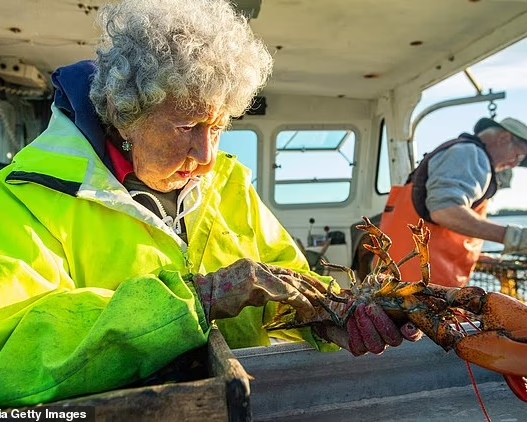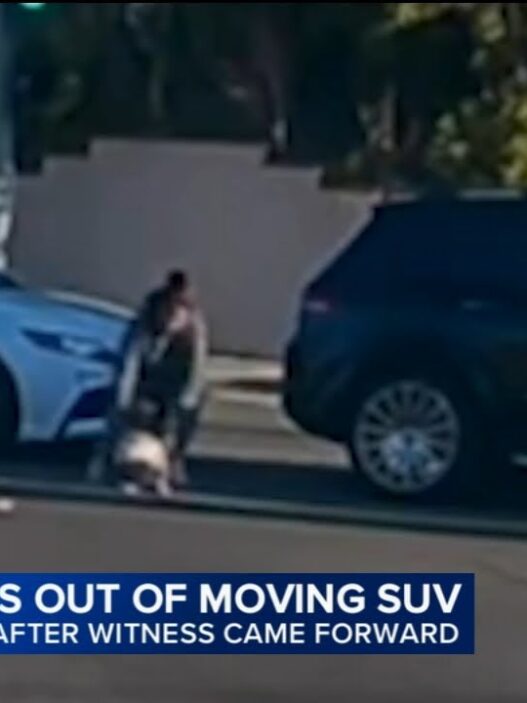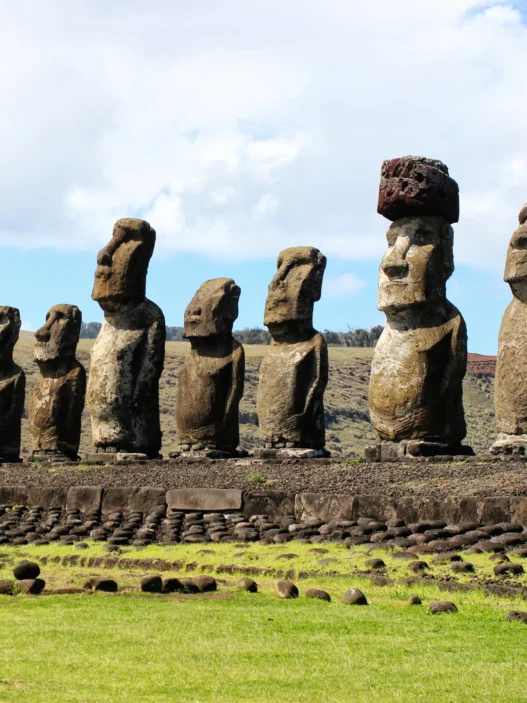Lenny Kravitz shows the haters and imitators of the world how it’s done in a stylish and authentically innovative trippy fantastic manner. A tribute in conjuction with Rollingstone is a withering contrast to those not-so-flattering folks who don’t have an original idea of their own.
“No matter where Lenny Kravitz is, he can write a song. “I write music on anything,” he says nonchalantly. “I write in my head, I write on the guitar, I write on the drums.”
Fresh music, bold entertainment, and men’s fashion—one tight email a week.
For the past three decades, the singer-songwriter has been seizing control of his inspiration and turning it into hits. He’s won four Grammy Awards, and since 1989, he’s put out a succession of albums that have been certified gold to multi-platinum and produced singles like “It Ain’t Over ‘Til It’s Over,” “Fly Away” and “Are You Gonna Go My Way” — songs that combine rock, soul and everything in between. They’re a reflection of his state of mind at the moment. He’s written songs about his parents, his ex-wife Lisa Bonet and his daughter Zoë.
“A good song has to come from something that’s inspired,” he says. “Some people are great at formulating art, but that’s not my thing. For me, it’s life and inspiration, and it paints the picture for you. I’ll work my ass off and I’m disciplined and a perfectionist, but the initial spark has to come from something. That’s the kind of artist I am.”
Much of the fuel for his latest album, Raise Vibration, stemmed from his ire at Trump-era ultra-conservatism and his need to spread a message of love. On the raw, funky “Who Really Are the Monsters?” he opines, “The war won’t stop as long as we keep dropping bombs.” On the ballad “Here to Love,” he begs for world unity. And on “Johnny Cash,” he draws a parallel between the country singer and the pain he felt when his mother died.
Here, he breaks down 15 songs from throughout his career and explains how they tell his life story.
“Let Love Rule”
Let Love Rule (1989)
It was 1988, and I was living in a loft over on Broome Street in New York City. I had written “let love rule” on the wall next to the elevator on my floor just because it was something I was thinking. I loved the phrase. One day I got off the elevator and saw it and thought I should write a song called “Let Love Rule.” I went into the apartment, grabbed a guitar and wrote it. It just hit me. Then I went to the studio the next day in Hoboken, New Jersey, and I cut it. It was just magical. It embodied everything about where I was musically. It had shades of gospel, R&B and psychedelic rock & roll. To me, that was the signature of the album. It was the beginning of my musical life. It was mine. It belonged to me.
“Justify My Love”
Madonna’s The Immaculate Collection (1990)
When I put that together, I knew it wasn’t for me. But I loved it. ‘Cause it’s really hot, I thought of Madonna. This was right after the Let Love Rule tour, and I had been seeing her out in clubs and she’d come to my show. I called her and said, “I have this song for you. It’s Number One, straight out. I got a Number One smash for you.” She said, “No, you don’t.” I said, “Yes, I do.” “OK, bring it over. Show me.” So I went to the studio, popped in my cassette, blasted the track and played it again and again and she’s like, “Let’s do it.” Everyone in the room was like, “Oh, shit.” It was so different. We cut it in the next day or two. I included this eerie, haunting melody in the background, she did her vocal and that was it, done. Our friend Jean-Baptiste Mondino made the video in Paris, and it got banned by MTV. Madonna, being as smart as she is, sold the videos one by one on a video cassette. Each video cassette counted as a single and the song ended up going Number One for weeks and weeks. That was my first Number One hit.
Mama Said (1991)
I went to high school with Slash and then I saw him at the American Music Awards. I invited him in the studio to do the solo on “Fields of Joy,” and then we decided to write a song together. He was on tour in Europe. After the last date, he jumped on the Concorde and flew from London to New York at nine in the morning. He had me get a gallon of vodka and a bag of ice, and we went in the studio and bang, there it was. The two of us wrote and cut the tune. I played drums; he played guitar; then I played my guitar, bass and did the vocals. I brought the horn players in and it was done. Then he got on a plane the next morning and went to L.A. It was a wild day.
The lyrics are about how my mom always wanted to give me her wisdom. She would want me to slow down sometimes to think and take things in. I was just on a crazy ride at the time and couldn’t slow down. She was telling me this stuff at the time … “but I’m always on the run.”
“It Ain’t Over ‘Til It’s Over”
Mama Said (1991)
I wrote that to my ex-wife [Lisa Bonet]. We were going through our break-off, which led to a divorce. We had our child and a great life together. We were sort of mirror images of each other; she was the female version of me and I was the male version of her and we blended together. So it was a very difficult time.
I remember being in a hotel room in L.A. and I had a Fender Rhodes that I’d brought up to the room. I sat in the dark, ’cause it was a very dark time for me, and played with the chords. All of a sudden I came up with the chord structure and and the song came out. It was my belief that it ain’t over ’til it’s over. There’s always a chance we can pull this together and make this happen. It didn’t go that way, but that was the song.
“Flowers for Zoë”
Mama Said (1991)
That was my melody to my child. I used to put her to bed and sing and then it hit me to write a lullaby to her, so she’d have her own. It’s all about this magical world that she’d been born into and all the beautiful things she would experience and learn. It’s a little fantasy. It’s beautiful. It’s a very special song to me.
“Are You Gonna Go My Way”
Are You Gonna Go My Way (1993)
That song was literally cut in five minutes. My session was getting ready to end and another band was coming in. The song was something that came really quick. Craig Ross and I went in there and cut it, bang. I played the drums, he was on the guitar and my bass player at the time, Tony Breit, was on it. We cut it live. We didn’t have time to take it in.
I took the cassette home and listened and listened and listened and was like, “What am I gonna do with this?” Then the melody and the words came. I went back to the studio the next day and sang it. I had no idea what I had.
I thought the subject matter was really interesting, because it’s coming from the mouth of Jesus Christ, as I thought. So basically, “Are you gonna go my way?” meaning “my way of love.” I had no idea that that song would become what it became. No idea. There was nothing on the radio like that. And the recording is so raw, it’s ridiculous.
“Believe”
Are You Gonna Go My Way (1993)
This is a song that represents the way I was raised and what I was taught by my grandfather on my mother’s side about belief. He taught me that anything my mind could see, I could achieve. It all starts with belief and faith. I was raised Christian and my father was Jewish, so I was in the middle of it all. So that song really represents where I come from and how I think.
“Fly Away”
5 (1998)
I cut that album in the Bahamas before I had my studio. One day, the engineer brought in his guitar amp — it was a Park, very much like a Marshall. I plugged in a guitar and was playing with it and started the chords to “Fly Away.” I was like, “Oh, wow. I think I have something.” So started recording. It was just me there, nobody else. I played the drums, two guitars and the bass and I had this track.
The album was done, so I wasn’t even thinking about it. I was like, “Maybe this could be a B side or I’ll finish it later.” I would blast it in the car when I’d drive Zoë to school; we would drive really fast down this road next to the beach. It was beautiful. We liked the way it sounded, but I still had no melody or words. Then one morning, I cut it. I played it for a friend who said, “That is a massive hit. You’ve gotta put it on your record.” I said, “Well, the record’s done. I’ve turned it in.” He said, “If you don’t put it on the album, I’m gonna be so pissed off at you.” So I called up Virgin, and they were like, “Well, it’s too late. The album’s done. We’re going to press.” I sent it to them anyway, and they listened and stopped everything. They added it to the record and put it out. It won me a Grammy.
“American Woman”
Austin Powers: The Spy Who Shagged Me (1999)
A friend of mine who is an executive and manager, Guy Oseary, called me and said they’re doing this movie, The Spy Who Shagged Me. It was the sequel, I guess, to Austin Powers. He said, “They want you to redo ‘American Woman.’” I thought it was the oddest request. “American Woman”? Now I love the song and I’m a fan, but I was like, “Me? I don’t know about that.” I’m like, “What am I going to do with it? It’s perfect.” But I got inspired and cut it completely upside down from what it was original, so it felt really organic and right. It ended up being a huge hit and winning a Grammy and blah, blah, blah, blah.
The best part was Burton Cummings from the Guess Who [who recorded the song originally] was like, “I loved what you did to the track. I love it.” It was such a big hit worldwide it got the Guess Who back together to go tour; we ended up doing it together one night in Canada. He was like, “I got a new house because of this. I got a new life.” It was a beautiful win-win for two different artists. It did great things for both of us. I mean, there are a lot of people that don’t even realize it’s the Guess Who.
“Thinking of You”
5 (1998)
I wrote this after my mom died. It was a really hard time. It was basically a song to her, just asking her how it was, where she was now, what it’s like. Is it everything you would imagine it to be? It wasn’t an easy song to write; it took a minute. And the chorus was just talking about how I’m doing my best to make her happy and proud: “Thinking of you and all the things you wanted me to do be, and I’m trying.” It’s just a beautiful tribute to my mother.
“Bank Robber Man”
Lenny (2001)
I was out jogging and the Bank of America nearby was robbed. They said it was a black guy in a T-shirt, and I was a black guy in a T-shirt jogging. I got stopped by about four or five police cars at gunpoint to my face, to my body, up against the car. It was basically racial profiling. I didn’t get let go until the witness, this old woman who was at the bank who saw the bank robber, came and said it wasn’t me. I was quite nervous because she was old and had just looked and saw brown skin and a T-shirt. But it was an interesting situation. It wasn’t the first time I’ve had guns pointed at my head by the police. That happened three or four times in my life as a teenager in Los Angeles for just riding around in a car in Beverly Hills. So I went right into the studio and recorded this. I was fucking pissed off. That’s why it’s an aggressive song.
“A Long and Sad Goodbye”
It Is Time for a Love Revolution (2008)
It’s about my father. That was a challenging relationship. I wrote that song before he died and I held it for a few years. I thought I was never gonna put it out and then after he died, I did because I needed to. It’s about his infidelity and how he hurt my family and how much I loved and looked up to him. It’s also about how much I felt let down. It’s a heavy, heavy song to write to your father. I never played it for him, though; it would have been too much to handle.
The beauty of it was we made peace before he died. That’s why I could put it out. I needed to exorcise and get my emotions out and perform it. It’s written with love.
“Black and White America”
Black and White America (2011)
That is my life and my parents’ life. It’s about what they went through as an interracial couple in the early Sixties. The cover photo is one my dad took of me at P.S. 6, my school in New York. I must have been in third grade or something. I grew up knowing both sides. So it’s about the troubles, the challenges and the beauty of it.
Obviously, it was also about Obama being president and what that meant. I never thought in my life I’d see that, so it was about that moment. There was a president that had my exact background. He just made me think of my whole situation with my parents and my life. It was just a moment when it all came together.
I always feel close to my parents. I feel my mother every day. I was a mama’s boy. Her pictures are around my house. Her energy and the things she had are all around my house. I’m very connected to her.
“Here to Love”
Raise Vibration (2018)
If there could be a global anthem — instead of countries having national anthems — this would be the anthem. I dreamt that song completely. I think it’s so powerful, and I think every word is just in place. It’s about how we should be living, how we should be loving, how we should be respecting each other and thinking about each other. The lyrics to that song are what letting love rule would be. It’s very powerful to me. I don’t even take credit for that song. It was handed to me.
“Johnny Cash”
Raise Vibration (2018)
The only people who were around me when my mother died were Johnny Cash and June Carter, because we were all living at Rick Rubin’s house at the time. I had lived with Rick for years; that was my home in Los Angeles. Johnny was there making an album, and my mother was in the hospital.
I’d just gotten home from a tour in Japan and went back to the hospital. I went back to Rick’s to take a shower and get some food. In the time that I drove from the hospital to the house, she slipped away; I got to the house and got the phone call that she had died. I was at the bottom of the stairs and I was in shock. I was trying to take it in. and Johnny and June were walking down the stars. Johnny saw me and was like, “What’s up? What’s wrong?” I said, “My mother just died.” The two of them came downstairs and just grabbed me, held me, consoled me. They were just being really beautiful and supportive in helping me get through that moment.
But the song is not about my mother dying, nor is it about Johnny Cash. It’s about a breakup that I was going through. I was saying how I needed their comfort and the thing that came out was, “Hold me like Johnny Cash when I lost my mother. Whisper in my ear just like June Carter.” So it’s saying I needed comfort that was powerful. That was the last time I was comforted in that way, when Johnny Cash and June Carter held me.” – Rollingstone.com




